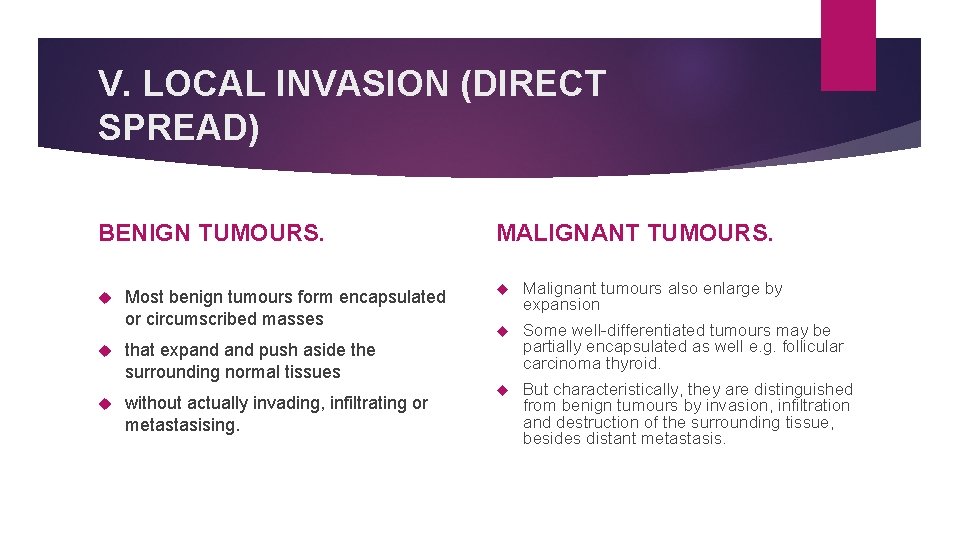
Many people with benign tumors have no idea what the symptoms are or even what causes them. Often the root cause is not even known. But some rare cancers, such as a benign tumor, can be associated with:
– Exposure to environmental toxins, including air pollution, exposure to lead and other environmental factors. – Genetic abnormalities. – Diet.
The first thing you need to know about benign tumors is that they are usually not cancerous. This does not mean that they cannot be removed with surgery. But removing the tumor without removing the cancer cells can lead to an incision, which can eventually become a focus of cancer.
Some types of benign tumors can be malignant. These cancers, like most other cancers, can be cured, but they are also curable if detected early enough. Even though many people think that if a person has a tumor, it is only a matter of time before it becomes cancerous, it should be treated because of its carcinogenicity, even if it is not cancerous.
One of the first signs of a benign tumor is a lack of response to treatment. This means that it will likely take several years or even years before it grows up and starts causing symptoms.
Another sign of a benign tumor is change in the size of the cancerous growth. Often, when tumors grow in size, they also change shape, so it may not be obvious that the growth is benign.
If you suspect that your tumor may be benign, it is important to discuss possible symptoms with your doctor. He may have an instrument called Doppler sonography to look at your tumor. This tool helps to determine if liquid is present. If fluid is present, the tumor may be benign.
Small growths, such as a cyst, usually do not cause symptoms until they start causing problems. So, if your tumor is growing and causing problems, it’s time to see your doctor. So you can make an appointment to have it examined and then make an appointment to have it removed.

As mentioned earlier, many people think that benign tumors are not cancerous. However, some doctors believe that this is not always the case.
Even if cancers are benign, it is very important to monitor them. As many tumors grow in size, they can continue to spread throughout the body for a long period of time.
One of the most common signs of benign tumors is bleeding. Often these types of tumors cause severe bleeding or bruising. Sometimes bleeding occurs from one part of the body and not another.
This bleeding can be caused by the swelling itself, or the bleeding due to something else happening in the body. It also happens that bleeding will occur from areas that do not normally bleed.
Another sign of a benign tumor is an increase in the size of the intestine. Although bleeding is normal in many situations, if there is an abnormal amount of blood in the blood, there may be something wrong. To find out if this is the case, you can check it with a colonoscopy.
A colonoscopy is when a doctor can look inside the body and get a better understanding of what’s going on. They can also remove any stones that are stuck in the body to ensure the normal functioning of the organs.
If you think you may have cancers, you should definitely check it out. If you feel there is nothing to worry about, it is also important to avoid anything that could put undue pressure on the area causing the bleeding.
Surgery is an option you may want to consider. If you do not want surgery, you can try other treatment options. Be sure to check with your doctor because if anything else is going on you need to try.